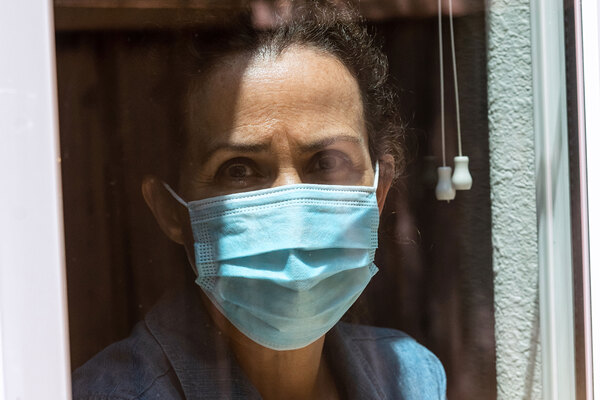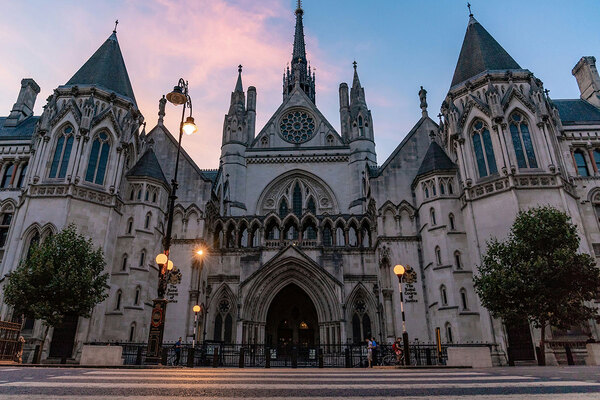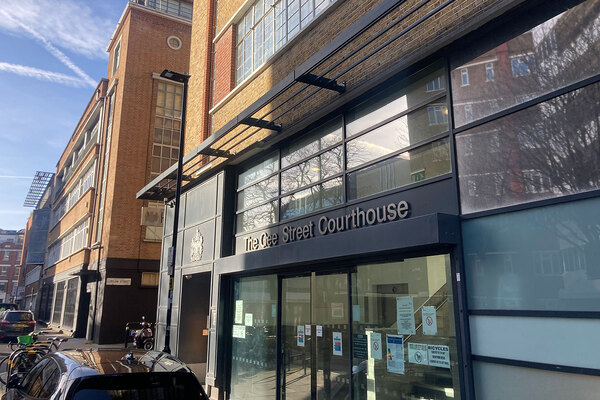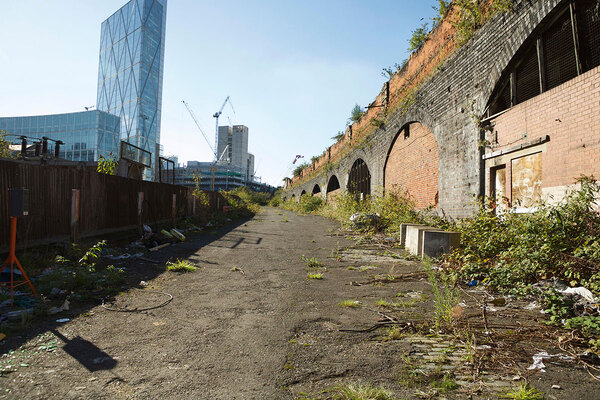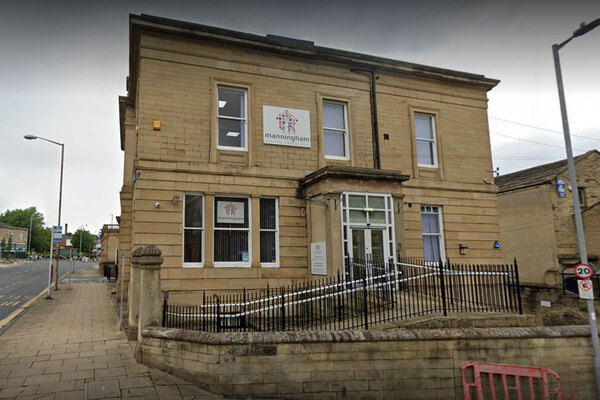You are viewing 1 of your 1 free articles
Khan confirms plans to prioritise key workers for intermediate affordable housing
London mayor Sadiq Khan has confirmed plans to prioritise key workers, such as nurses and firefighters, for new build intermediate-level affordable homes.
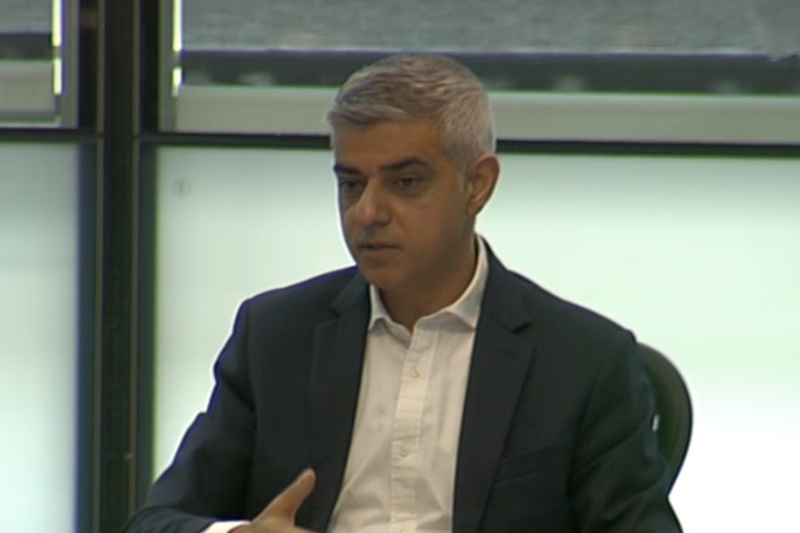
The Greater London Authority (GLA) will develop a list of essential workers with help from trade unions, emergency services and councils.
Planning guidance will then be updated to place an expectation on local authorities to give people in listed occupations priority access to rent or buy new homes for affordable tenures considered ‘intermediate’ by the GLA.
That means new homes for shared ownership and London Living Rent will need to be marketed to people in jobs listed for an initial period of three months.
NHS staff, police, firefighters, transport workers and teachers will be among those on the list, while councils will be able to add occupations to the list based on local needs.
The move follows a City Hall consultation on the proposals launched in the summer, as well as on the role of intermediate housing in London post-pandemic, with the response report published today.
Intermediate housing is commonly defined as affordable housing targeted at people who are unlikely to qualify for a social rent home but struggle to buy or rent a suitable home on the open market.
Mr Khan said: “London’s key workers are the lifeblood of our city and we all depend on their hard work every day to keep us safe, to care for us and to provide other essential services.
“Their heroic service during the pandemic has further highlighted the injustice that many key workers still can’t afford to live in the capital.
“Making it easier for key workers to live in the city they serve with such dedication is the very least they deserve.”
City Hall said the mayor will also continue to champion schemes provided exclusively for key workers, such as the St Ann’s Hospital development in Haringey, north London.
The median average price of a flat in London is £426,000, which 11.5 times a firefighter’s annual wage, 12.5 times a teacher’s salary and 13.7 times a nurse’s pay.
London Living Rent is pegged at one-third of median local household incomes in each council ward.
The average monthly rent for a two-bedroom London Living Rent is £1,050, roughly two-thirds the market rate.
Helen Evans, chair of the G15 group of large London housing associations and chief executive Network Homes, said: “Many of the key workers who have done such a fantastic job keeping essential services running during the pandemic, struggle to afford a home reasonably near to where they work.
“The G15 fully supports the mayor’s aim of ensuring London’s key workers have access to the safe, secure and affordable homes they deserve.”
Lisa Elliott, London regional director at the Royal College of Nursing, said: “Too many nursing staff are telling me they are struggling to access affordable housing for themselves and their families.
“As a result they are having to commute long distances to work, pay high housing costs, or are being forced out of London because they simply can’t afford to live and work in the city.”
London’s healthcare system is short of nearly 8,500 nurses and thousands more in social care, she added.
Sign up for our daily newsletter
Already have an account? Click here to manage your newsletters
